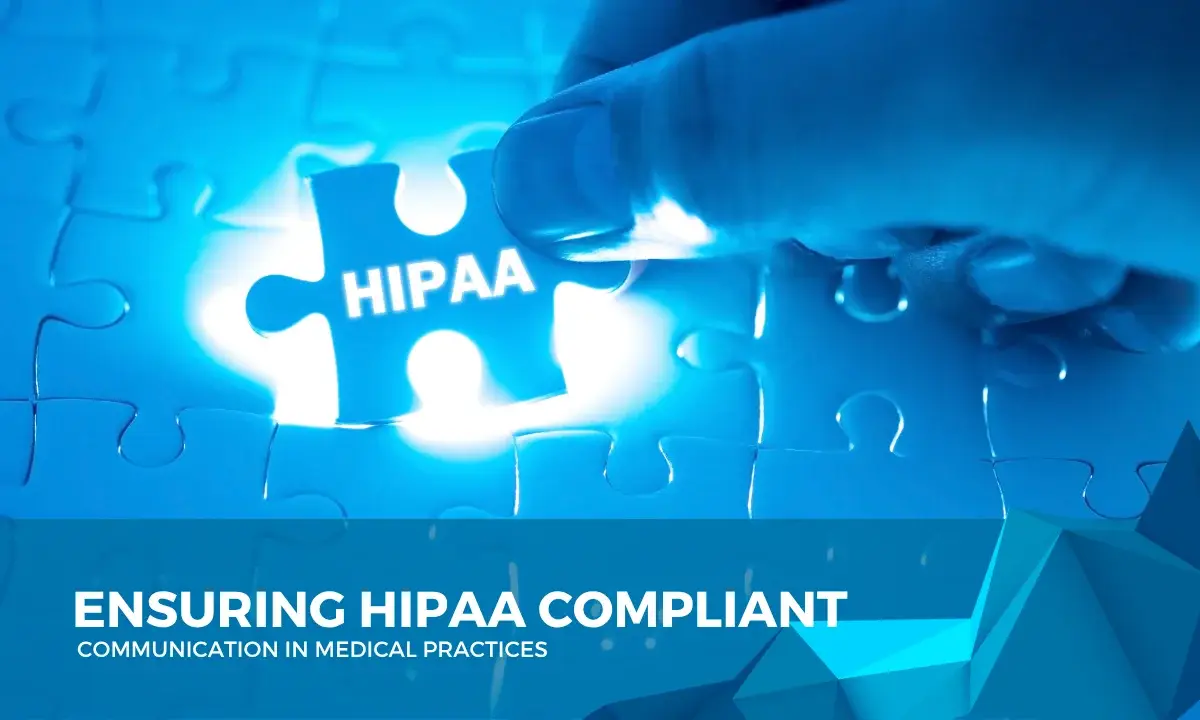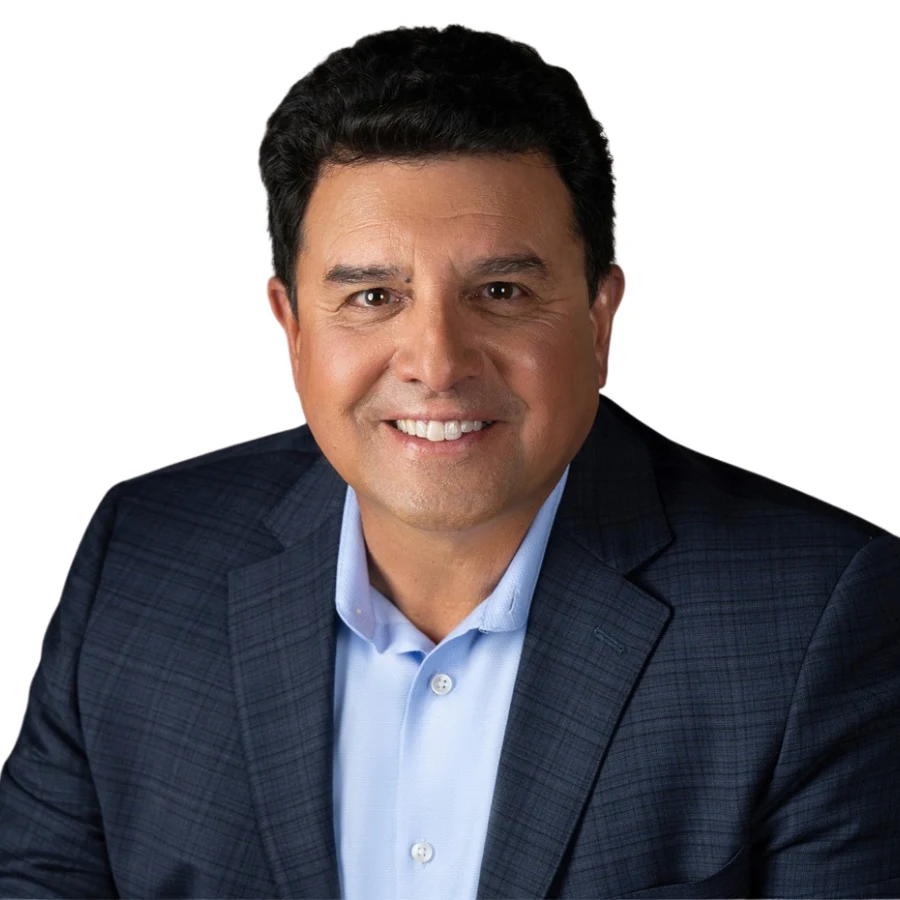Effective clinical communication and collaboration are essential for delivering high-quality healthcare. However, healthcare professionals face several challenges that can hamper teamwork, including communication gaps, hierarchical structures, information silos, time constraints, resistance to change, and limited resources. Overcoming these barriers is crucial as it leads to comprehensive patient care, improved safety, efficient resource utilization, and fosters innovation within healthcare organizations.
Key challenges to clinical collaboration:
- Communication gaps and barriers
- Hierarchical structures limiting open dialogue
- Information silos preventing knowledge sharing
- Time constraints in busy healthcare settings
- Resistance to change among staff
- Limited resources impacting collaboration efforts
Benefits of improving collaboration:
- Holistic and comprehensive patient care
- Enhanced patient safety and error reduction
- Efficient use of healthcare resources
- Continuity of care across disciplines
- Innovation through shared knowledge and teamwork
Practical strategies to enhance collaboration include interdisciplinary team training, leveraging technology for communication, establishing team-based care models, promoting shared decision-making, and implementing quality improvement initiatives. Additionally, tools such as team collaboration surveys and employee engagement platforms facilitate real-time communication, knowledge sharing, and transparency, driving better patient outcomes and overall organizational efficiency.



